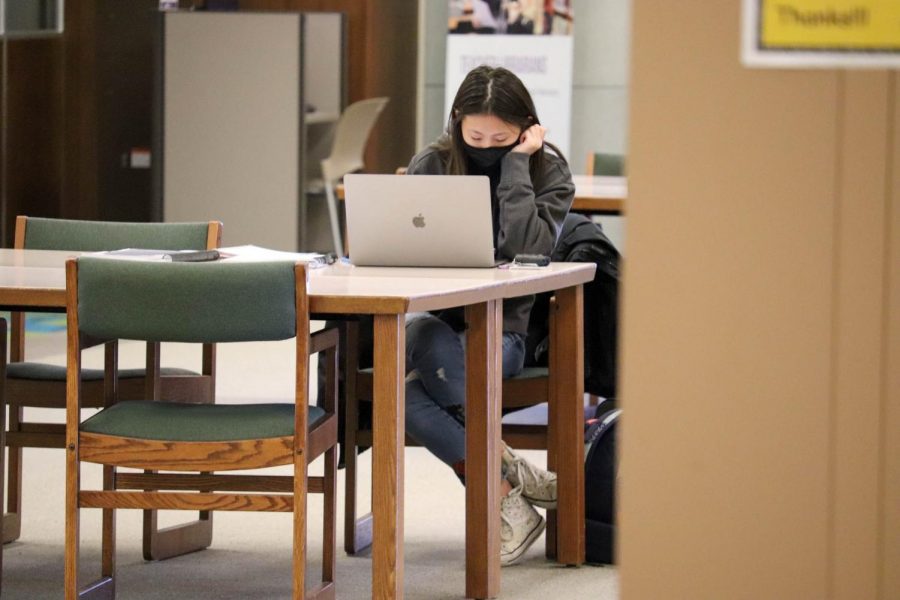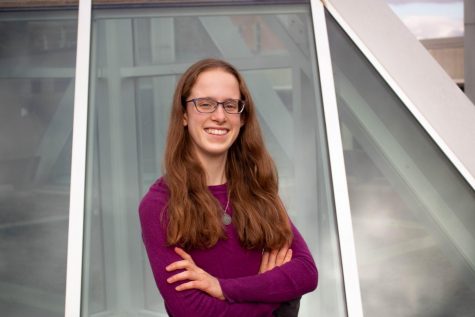Instructional break at Iowa, not UNI
With no spring break, some UNI students are feeling the strain of a condensed semester and wishing for “instructional break” days like those being offered at the University of Iowa this spring.
Mar 8, 2021
As the weather warms and the semester reaches the halfway point, some UNI students are keenly feeling the absence of spring break.
The university announced last September that spring break would be eliminated as part of the ongoing campus effort to prevent the spread of COVID-19. The condensed semester, starting in late January and running for 14 weeks straight, is already taking a toll on students like Sofia Lence, a senior elementary education major.
“In other years, it kind of just would gradually get to be a lot, but this semester, I think because we started so late, it just feels more (intense),” she said.
Kerrigan Mentzer, a third-year TESOL-teaching major, agreed.
“I’m at the point where even just a day, I think, would be nice. Just some time off would be beneficial, just because I feel like I’m constantly ‘go-go-go’ all the time,” she said. “Even just one day to sleep in and not have to worry about class would be really nice.”
In fact, students at the University of Iowa are getting exactly that — not just once, but twice.
The university implemented two “instructional break” days, one last Tuesday, March 2 and one on Wednesday, April 14. No classes are being held on these days, and students are encouraged to use the time to ensure they understand course material, according to the Daily Iowan, the University of Iowa’s campus newspaper.
The breaks were proposed as “mental-health days” by Iowa’s Undergraduate Student Government (USG) in September 2020 after the university announced it was cancelling spring break. The Iowa administration announced their addition to the spring calendar in early November.
UNI and Iowa State, Iowa’s other two public universities, have no such instructional breaks throughout the condensed semester.
UNI’s Associate Provost for Academic Affairs Patrick Pease explained in an email to the Northern Iowan that although the three universities are part of the same system, they set their academic calendars independently.
“Each of the regent’s universities can have their own calendar, but we all must have our calendars approved by the Board of Regents office. That is true under normal circumstances, and we had to have approval to make the emergency changes enacted this year,” he wrote.
“While campuses have some individual discretion, we still must meet guidelines regarding instructional meeting time which are laid out by the Federal Government (sic) and our accrediting agency, the Higher Learning Commission. In shortening our semester to accommodate the later start date, we were careful to stay within those guidelines and we believe the schedule we created does that.”
Although they understand the guidelines used to establish semester schedules, Lence and Mentzer both agreed that having similar instructional breaks at UNI would have been ideal.
“I work a lot, and I’m taking six classes and 18 credits, and a lot of my classes are methods classes, which is a lot of lesson plans and working with groups, so just one day of not having classes would have been amazing,” Lence said. “Burnout is a real thing.”








